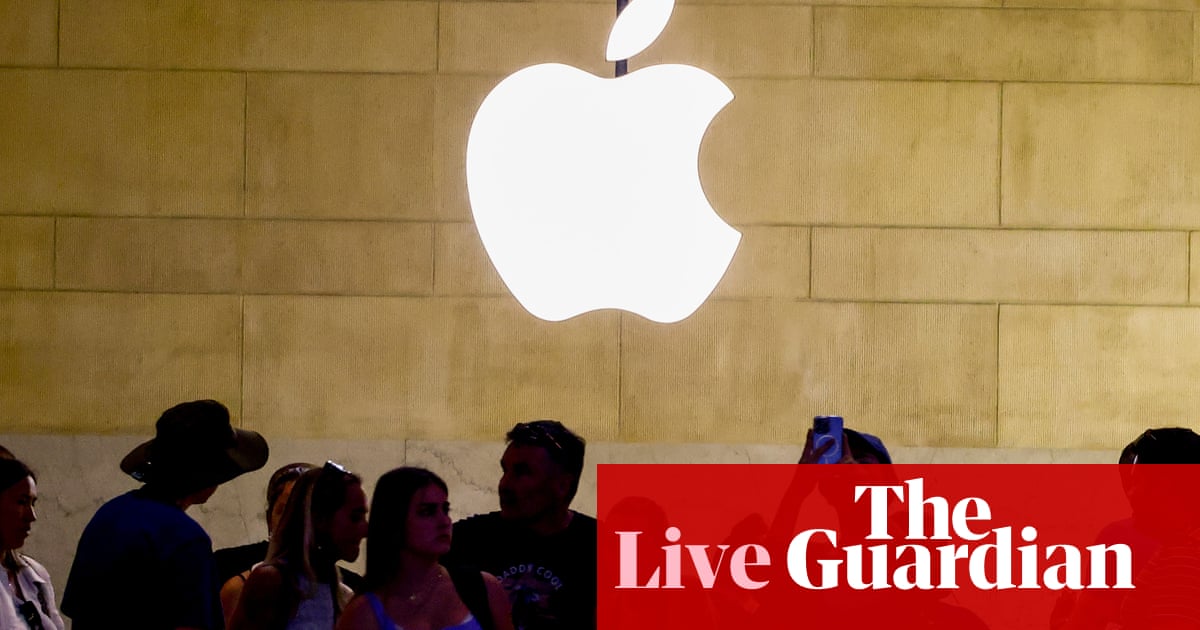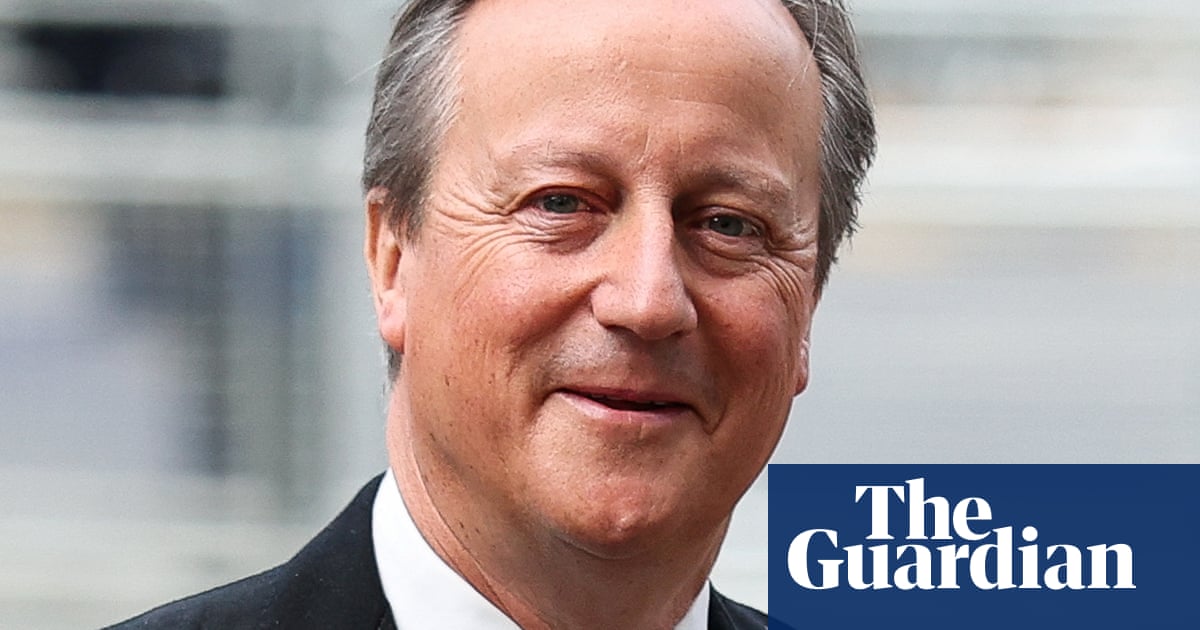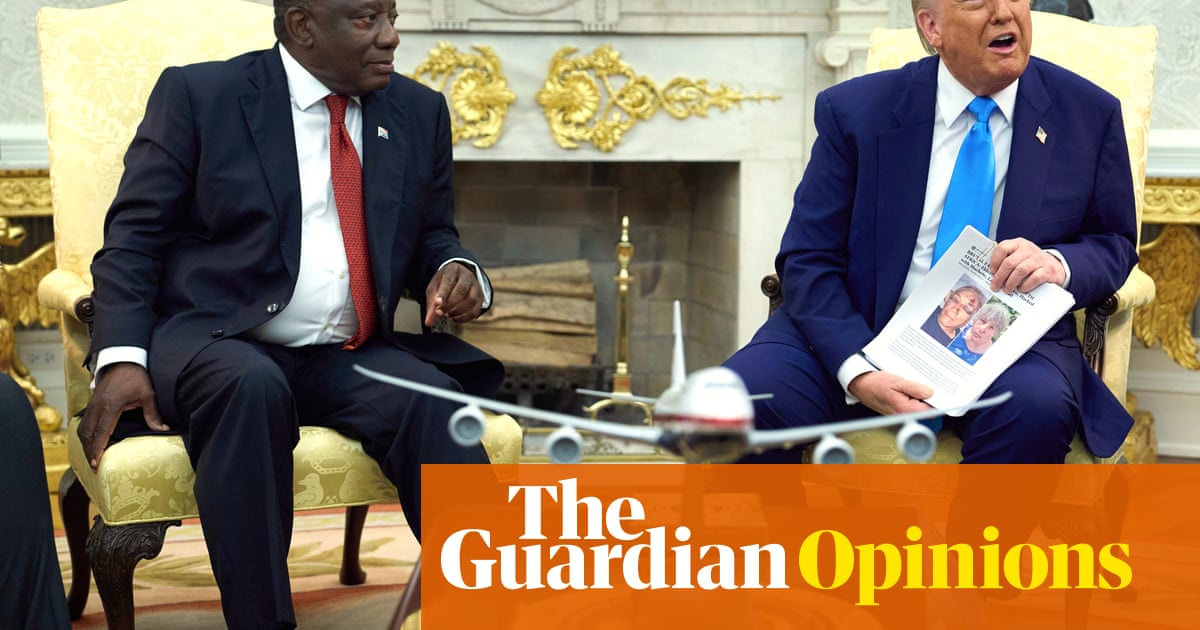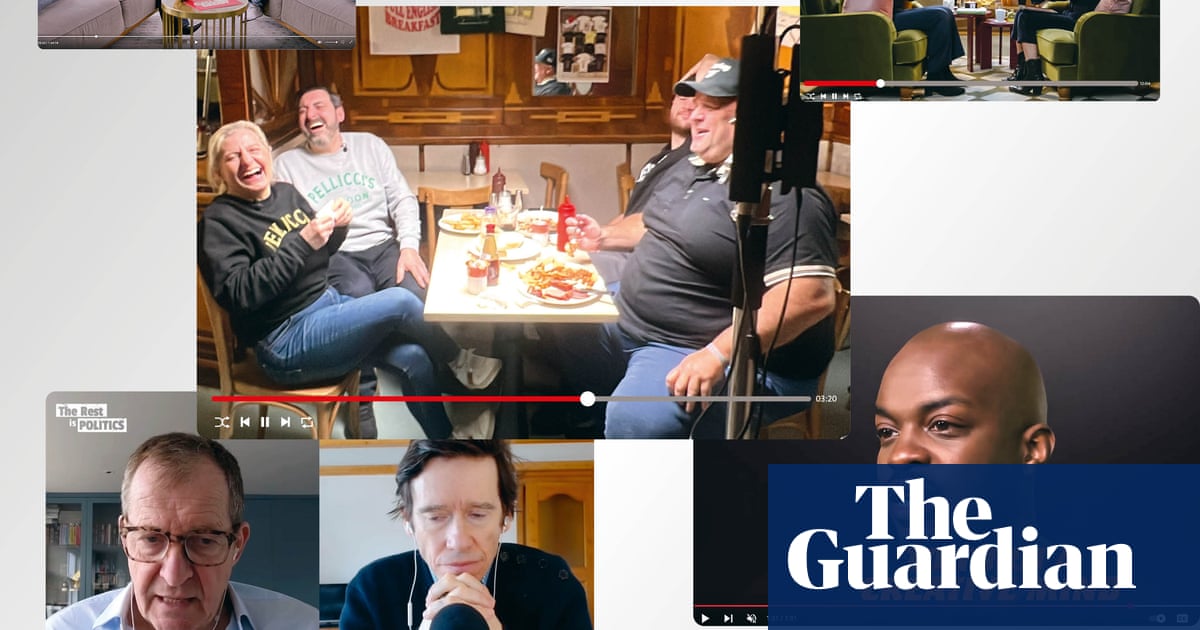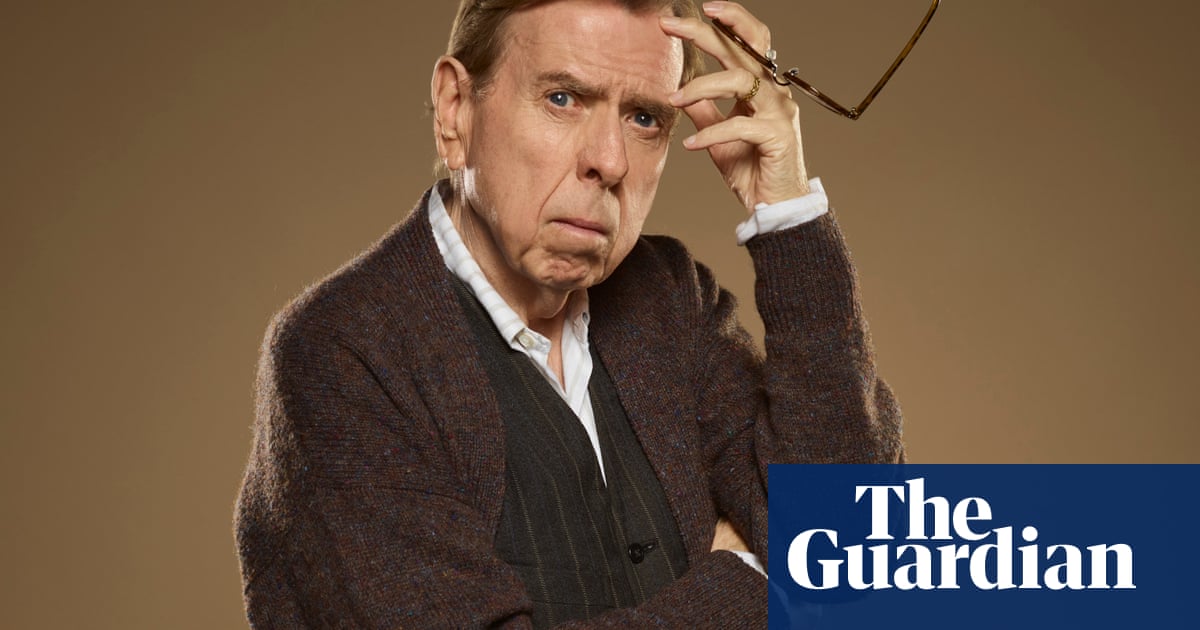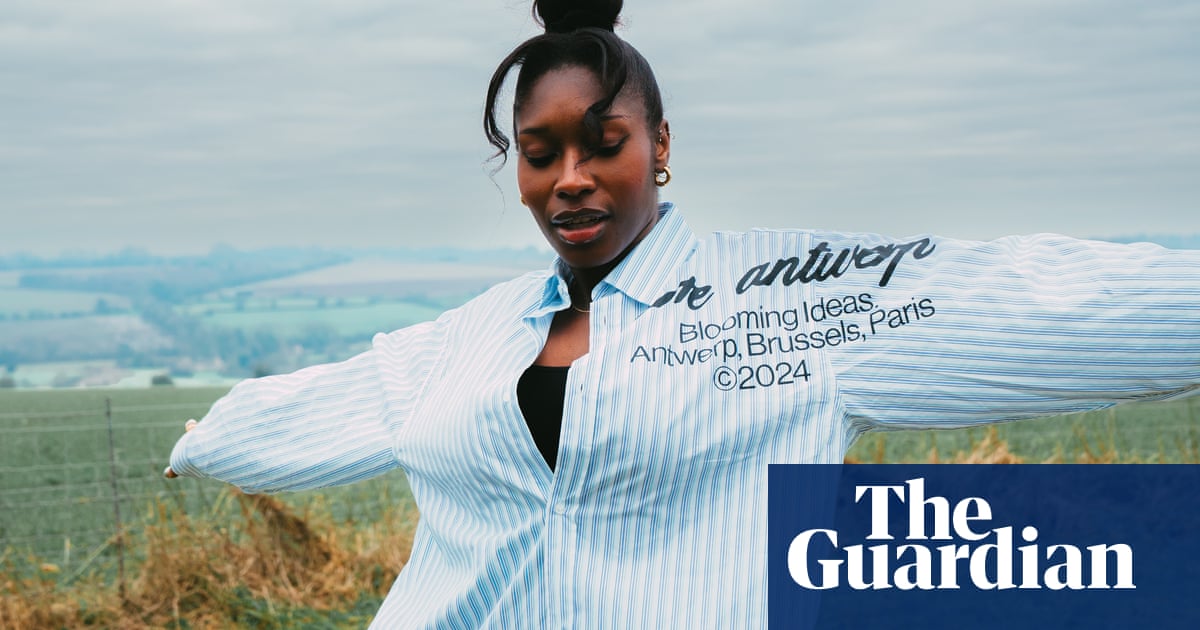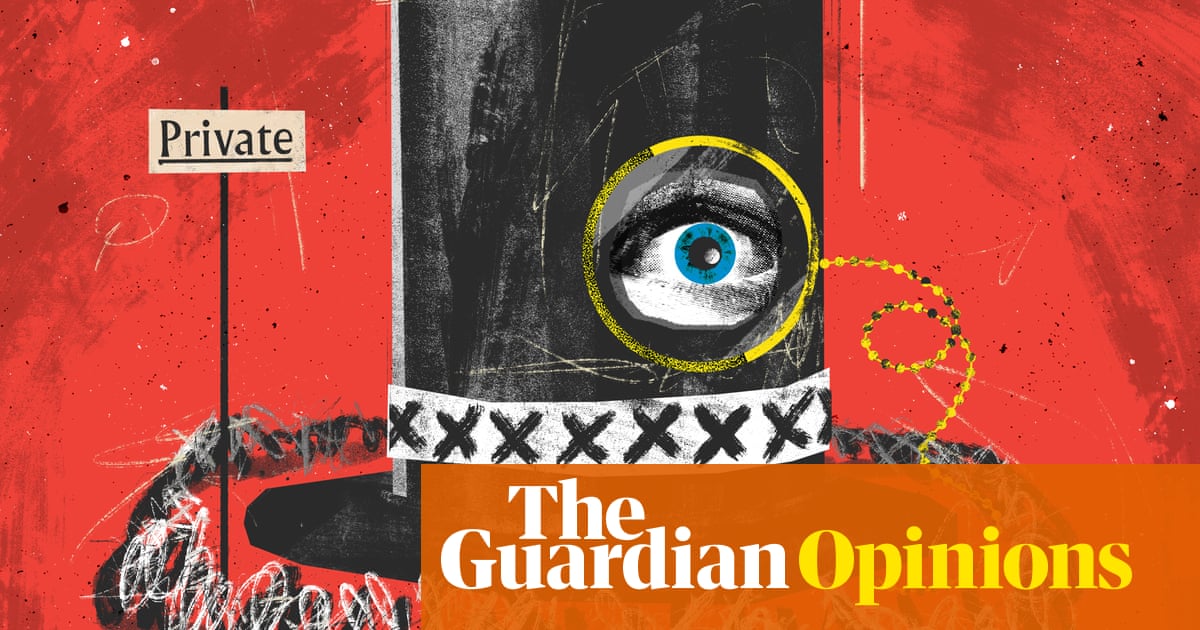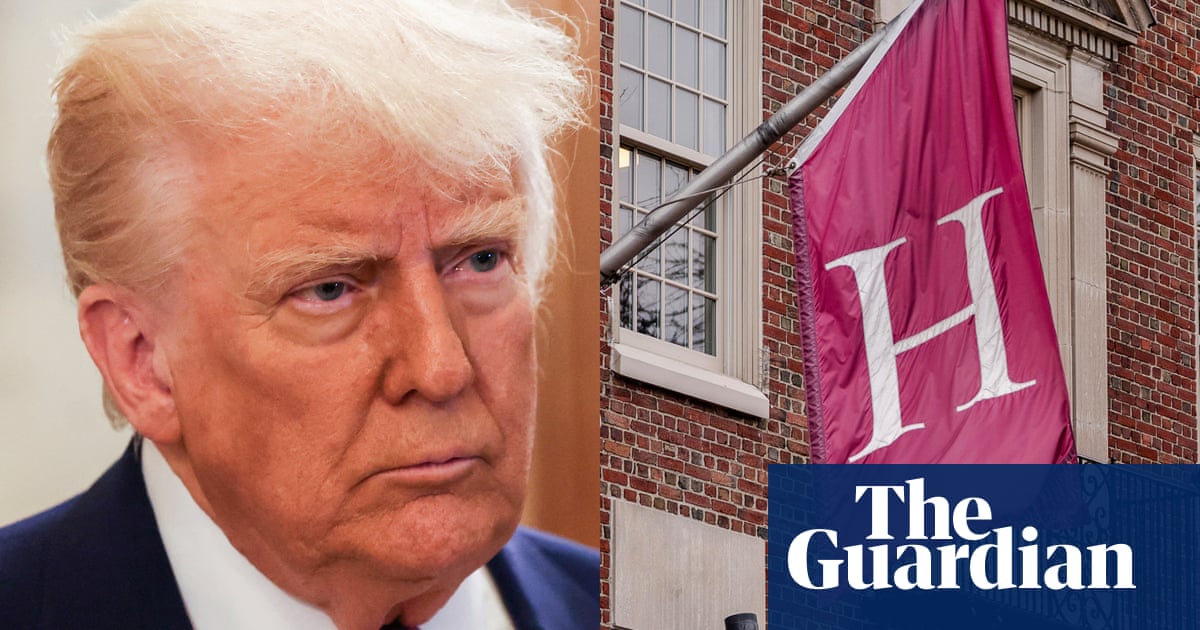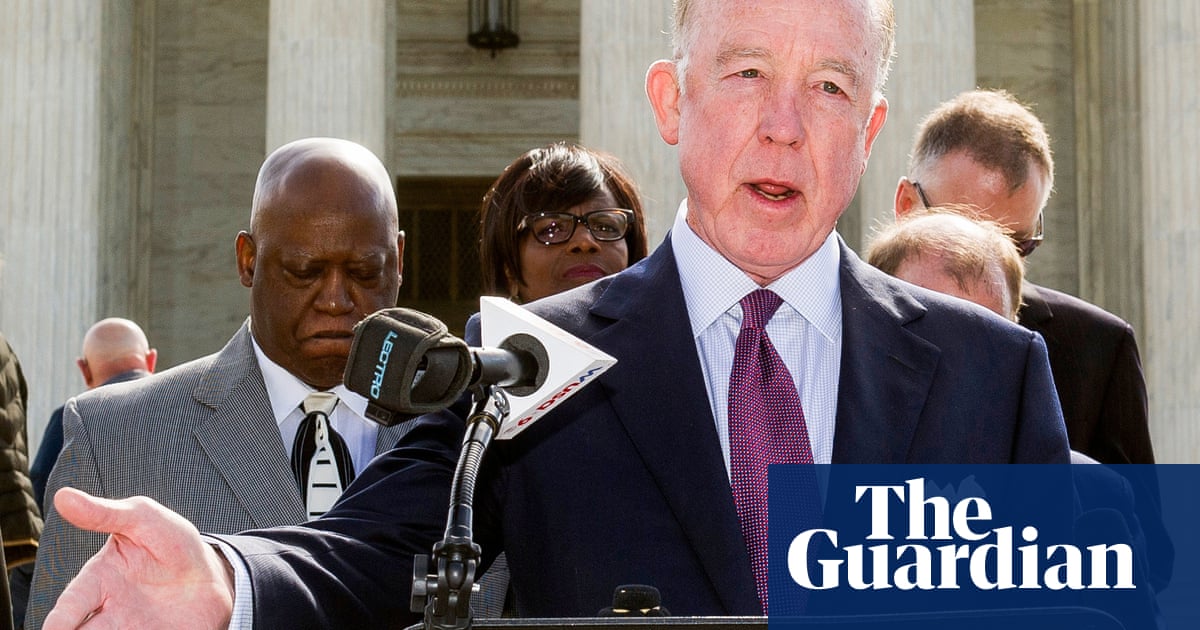Wayne Brown was a trailblazer, a man who made his own small piece of history by becoming Britain’s first black fire chief.
He worked his way up as a young firefighter, rising through the ranks, serving the public through dark times including the 2005 London terror attacks and the Grenfell fire.
But in January of last year, at the age of 54, he took his own life, leaving a note that read: “I can’t do this any more.” An inquest heard Brown had become increasingly distressed after being bombarded for years with hostile social media posts, complaints to his employer, freedom of information inquiries and emails from an anonymous account that seemed to be mounting a campaign against him. Days before he died, Brown had learned he would be formally investigated for claiming on his CV to have an MBA, which in truth he had started but never finished.
Whether these were vexatious complaints – what Brown’s female deputy called “constant harassment from multiple individuals” – or perfectly legitimate whistleblowing was not for the coroner to decide, and nor was it her job to investigate why a senior black officer seemingly attracted so many of them.
Yet there was something in the picture friends and family painted of a man in an already stressful job, carrying an extra burden that will at the very least be familiar to other “firsts” in their field: the uncomfortable feeling that the world is just waiting for you to fall flat on your face, the relentless sniping that you’re not up to it, and the whispers that you’re what the very online British right is starting to call a “DEI hire”.
The acronym is a giveaway: DEI is the American version of what Brits more often call EDI, or equality diversity and inclusion, ground zero of Donald Trump’s war on woke. The president’s bizarre and seemingly evidence-free attempt to blame a fatal mid-air collision between a helicopter and a plane in Washington this January on DEI hiring policies was disturbing enough, but it was the speed with which some Americans embraced the idea that was genuinely chilling. An incoherent ball of online rage took shape, alighting horribly swiftly on Captain Rebecca Lobach, the female army helicopter pilot killed in the crash. Her grieving family and friends were forced on to the defensive, pointing out that she’d been in the top 20% of graduating cadets, information seemingly not required of the male crew on board. But to the DEI warriors, her qualifications didn’t seem to matter. She was a woman, wasn’t she? So obviously she must have been the weak link.
Weeks later, Trump fired the black air force general Charles Q Brown Jr, identified by his defence secretary, Pete Hegseth, as a champion of “woke shit” in the military, along with Admiral Lisa Franchetti (who was the first woman to lead the US navy) and three other senior Pentagon figures. Gen Brown was a former fighter pilot with 40 years of distinguished service to his country, while Hegseth is a former Fox News pundit who never rose above the rank of major in the Army National Guard, and whose nomination as defence secretary prompted reports that he had left two jobs in veterans’ organisations after allegations of financial mismanagement, aggressive drunkenness and sexist behaviour, which Hegseth has repeatedly denied. “Was it because of his skin colour? Or his skill? We’ll never know, but always doubt,” Hegseth once wrote of Gen Brown. Such doubts might seem unfair, Hegseth conceded, but “since he has made the race card one of his biggest calling cards, it doesn’t really much matter”. To be scorned as a DEI hire, a liability on the job who should never have been allowed to rise this high, you don’t have to be proven incompetent or even to have been hired through any formal diversity scheme. Just having an enviable job, while not being a straight white man, is grounds for suspicion – especially if you have the audacity to champion lifting others up the ladder.
Britain is not America, or at least not yet. We are still the country where it was “just not that big a deal” (as Rishi Sunak put it) in the end to have a British Asian prime minister, and where Nigel Farage’s ominous suggestion that diversity officers in newly Reform-led councils should start looking for new jobs elicited sharp warnings from unions that in this country people can’t be fired at will for political reasons. (They could also have added that diversity officers aren’t some suspicious lefty affectation but mostly people employed to ensure councils meet their legal obligations under the Equality Act, as some Reform councillors may be about to discover.)
But the playground taunt of “DEI hire” nonetheless feeds an age-old grievance, a lurking sense that someone has a job that could have been yours. It creates a climate where what was fast becoming unsayable in polite company can, once again, be said with confidence. And perhaps most corrosively of all, it feeds the nagging voice of doubt already lurking inside the most outwardly confident of people.
Successful women, and increasingly often successful men from non-traditional backgrounds, sometimes complain of “impostor syndrome”, or the irrational fear that any minute now someone is going to rumble you as a fraud. You don’t belong; you shouldn’t be here; you’ll get found out, less for doing wrong than for intrinsically being it. Though everyone makes mistakes, impostor syndrome makes them loom larger and more shamefully inside your head than they should.
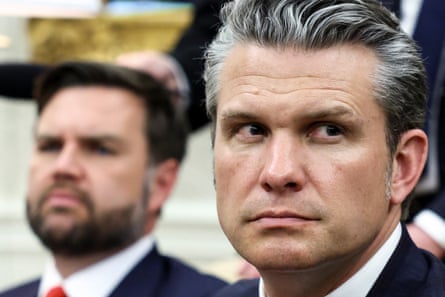
For politicians and others in the public eye, social media long ago turned what were once snarky whispers behind your back into an incessant and very public barrage of sexist or racist abuse that chips away at the confidence of even the most rhino-skinned. You can complain to platform moderators if you like, but a fat lot of good it will generally do you – which leaves a choice between leaving or learning to ignore it, a choice nobody would consider acceptable if the same insults were driving minorities out of a pub. The race equality thinktank British Future argues, in a submission to the Commons equality select committee’s new inquiry into community cohesion, that platforms whose reporting mechanisms do not ensure that female and minority users enjoy the same service as everyone else could be in breach of the Equality Act 2010. At the very least, there’s arguably a case for the Equality and Human Rights Commission to make its presence felt.
But the real risk, perhaps, is of the same playground taunts and knee-jerk prejudices spilling back out into real life conversations. Britain is not America, not yet. But only if we make the effort to keep it that way.
-
Gaby Hinsliff is a Guardian columnist
-
In the UK and Ireland, Samaritans can be contacted on freephone 116 123, or email [email protected] or [email protected]. In the US, you can call or text the National Suicide Prevention Lifeline on 988, chat on 988lifeline.org, or text HOME to 741741 to connect with a crisis counselor. In Australia, the crisis support service Lifeline is 13 11 14. Other international helplines can be found at befrienders.org
-
Do you have an opinion on the issues raised in this article? If you would like to submit a response of up to 300 words by email to be considered for publication in our letters section, please click here.

 8 hours ago
5
8 hours ago
5
